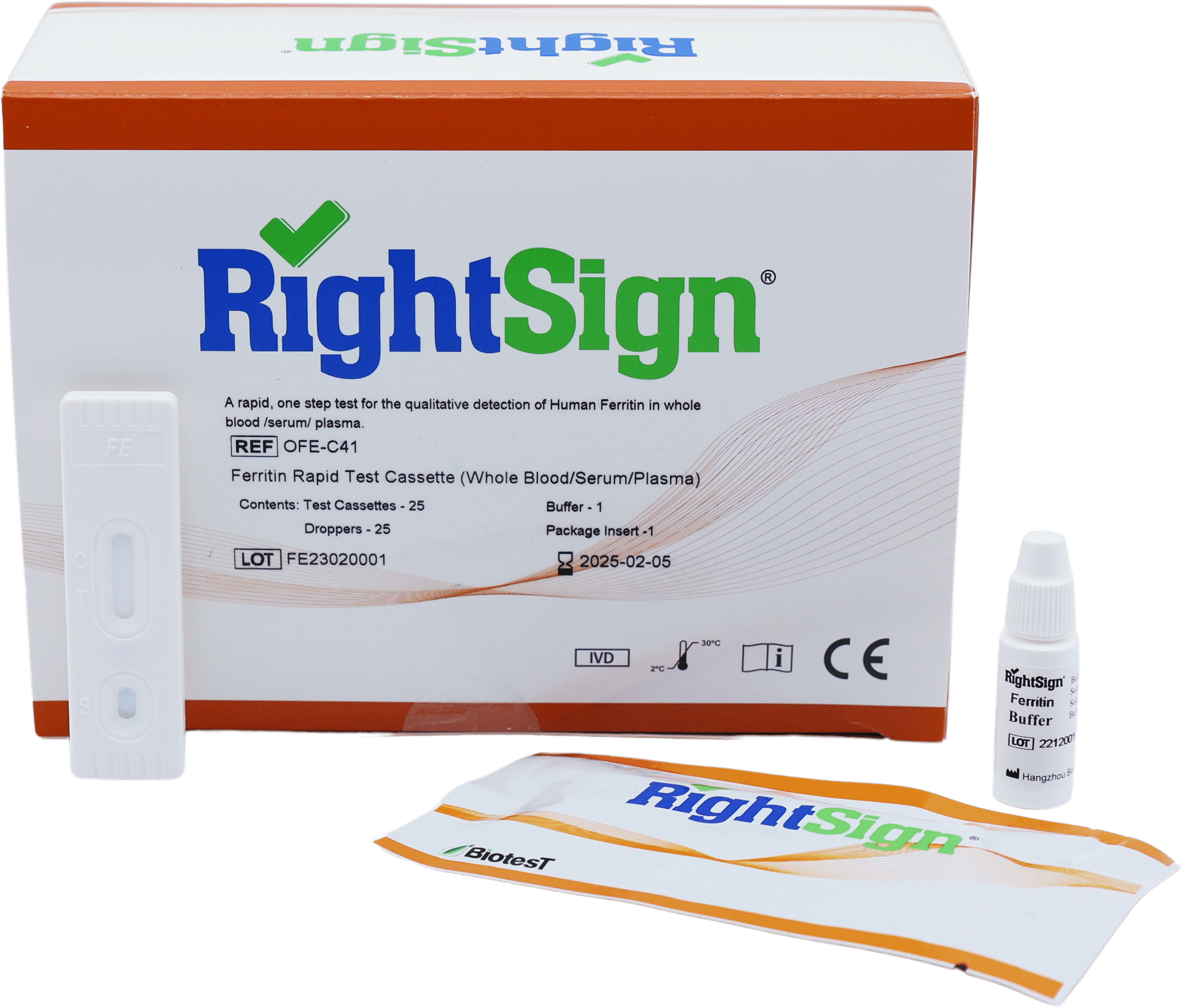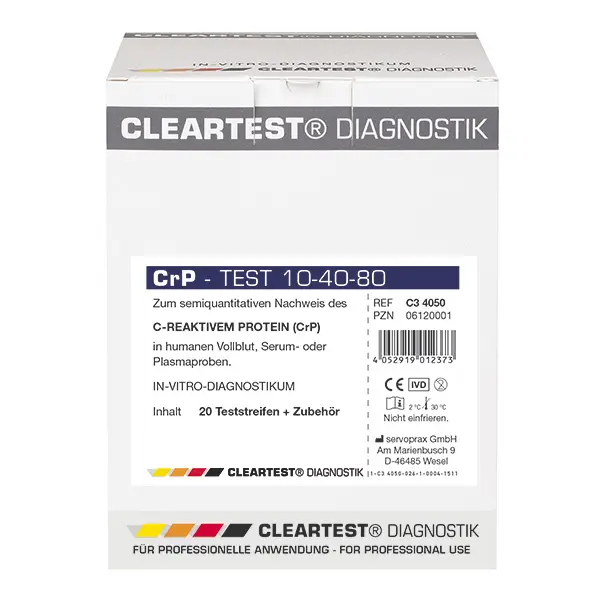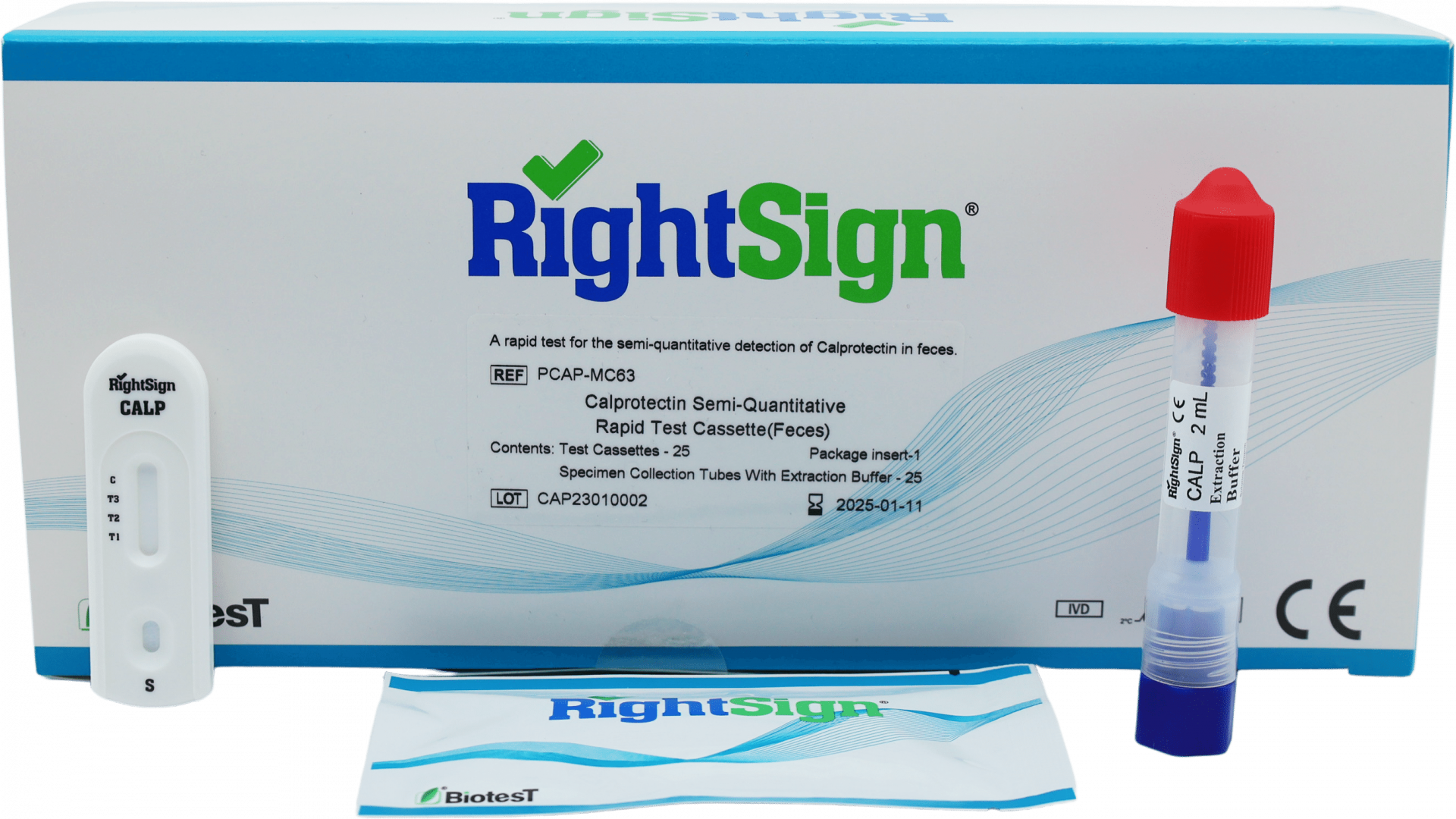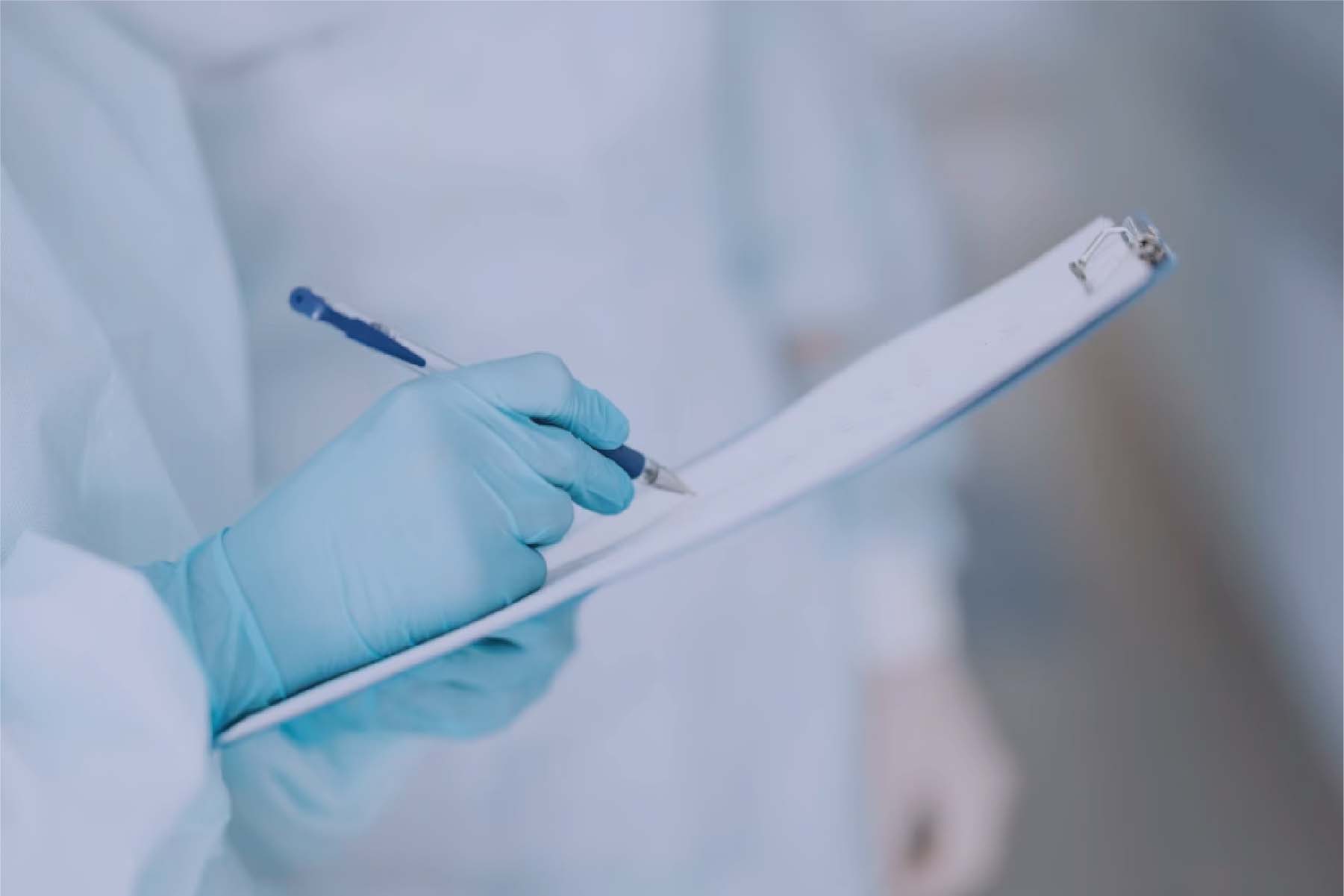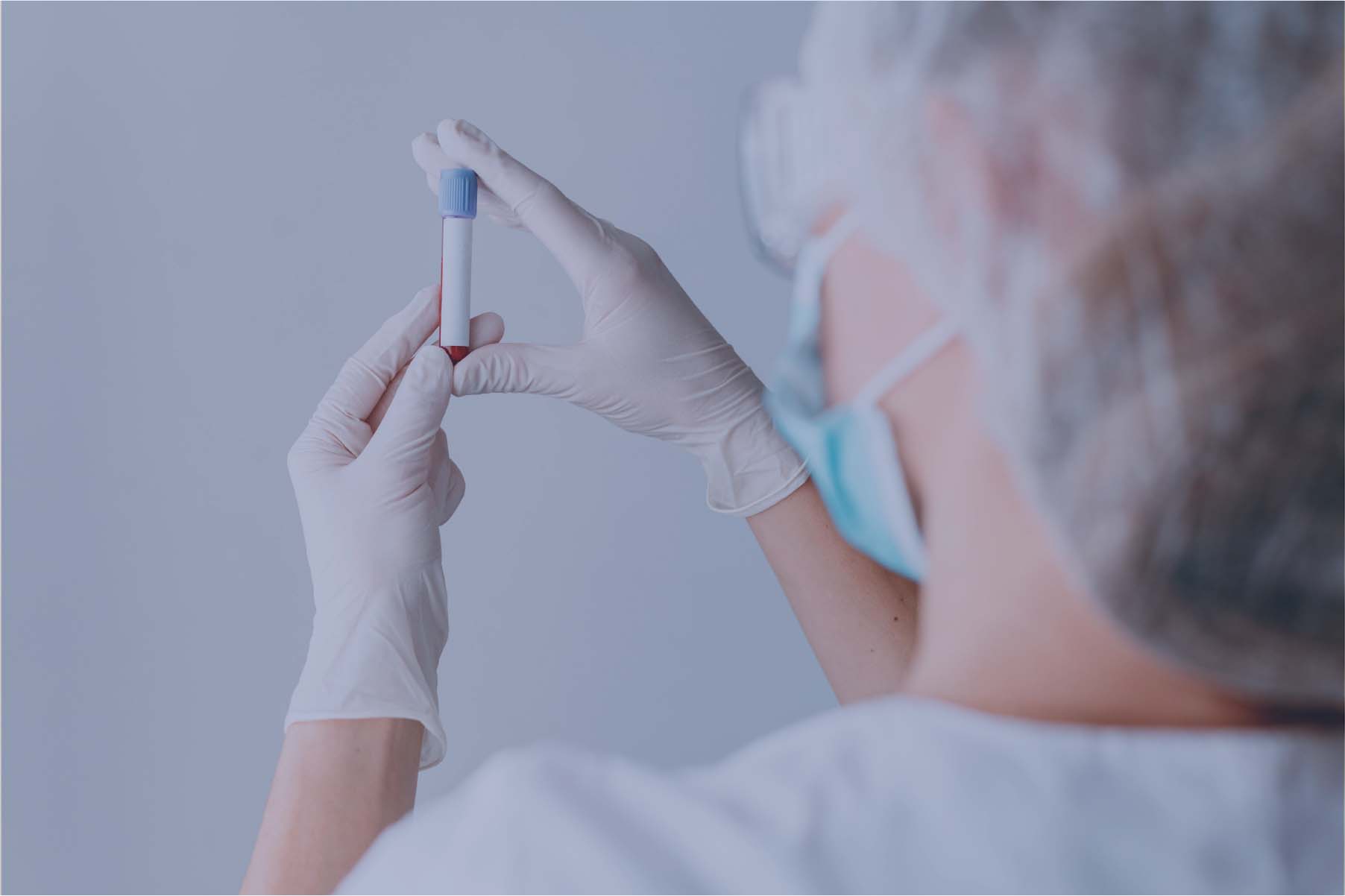PCT Test
The PCT Test is a clinically critical diagnostic tool for identifying bacterial infections and sepsis. Our commitment is to deliver the best-of-class PCT test to healthcare providers, clinics, and hospitals. With specific detection of bacterial etiologies compared to other markers, accurate PCT levels empower informed decision-making, early intervention, and rapid, effective sepsis management.
Recommended Solutions for Accurate PCT Test Diagnosis
We are pleased to continue providing you with CRP, Calprotectin, and Ferritin Rapid Tests so you can maintain a comprehensive approach to the early detection and management of bacterial infections.
FAQ for PCT Test - Procalcitonin Blood Test
The available PCT Test helps diagnose bacterial infections and manage sepsis. Typically, samples are taken from serum, plasma, or whole blood. The leading methods are laboratory-based and point-of-care testing. Find more details on PCT levels' significance, interpretation, accuracy, and reasons to consult the FAQ for informed treatment decisions and timely interventions.

- What varieties of PCT Tests are available, and how do they differ?
- How can I evaluate the reliability of the PCT Blood Test?
- How does the Procalcitonin Blood Test detect bacterial infections?
- Who should consider using the Procalcitonin Testing?
- What is the accuracy of the PCT Rapid Test?
- What does a PCT positive test result mean?
- Why are Procalcitonin Blood Tests essential for public health?
- Do you offer other rapid tests for bacterial infections and a ranking of the best options available?
- Where can I find a comprehensive comparison of the PCT Tests?
What varieties of PCT Tests are available, and how do they differ?
There are several types of Procalcitonin (PCT) tests, including rapid tests and standard lab tests. Rapid tests provide quick results to aid in the diagnosis of sepsis and are often used in emergency department settings. Standard tests measure procalcitonin levels more comprehensively, typically used in intensive care units to monitor severe sepsis and septic shock.
Rapid Tests
Rapid PCT tests are designed to provide quick and efficient results, often within an hour, making them invaluable in emergency departments and intensive care units. These tests are particularly useful for the early identification of bacterial sepsis, allowing healthcare providers to make swift decisions about antibiotic treatment. By measuring the levels of procalcitonin in the blood, rapid tests help differentiate between bacterial and viral infections, minimizing unnecessary antibiotic use and aiding in the right treatment approach.
Standard Lab Tests
Standard lab PCT tests offer a more detailed analysis of procalcitonin levels and are typically used for ongoing monitoring in critical care settings. These tests provide comprehensive data that can be used to guide the management of patients with severe sepsis and septic shock. They are crucial for assessing the progression of systemic infections and determining the effectiveness of antibiotic therapy over time. The results from standard lab tests are generally more detailed, aiding in precise diagnosis and treatment planning.
How can I evaluate the reliability of the PCT Blood Test?
The reliability of the PCT blood test is assessed by comparing it to other markers, such as c-reactive protein, and by consulting independent expert studies. Its precision in identifying elevated serum procalcitonin levels aids in guiding antibiotic treatment, particularly in bacterial sepsis, and is frequently validated through systematic reviews and cohort studies.
How does the Procalcitonin Blood Test detect bacterial infections?
The Procalcitonin Blood Test detects bacterial infections by measuring the level of procalcitonin in the blood. High levels of procalcitonin indicate a serious bacterial infection, as this biomarker rises in response to systemic inflammatory response and cytokine release associated with bacterial sepsis.
Who should consider using the Procalcitonin Testing?
Procalcitonin testing should be considered for patients with symptoms of sepsis or severe bacterial infections, especially in intensive care settings. It aids in the diagnosis of sepsis and is crucial for patients at risk of developing sepsis, such as those with lower respiratory or urinary tract infections.
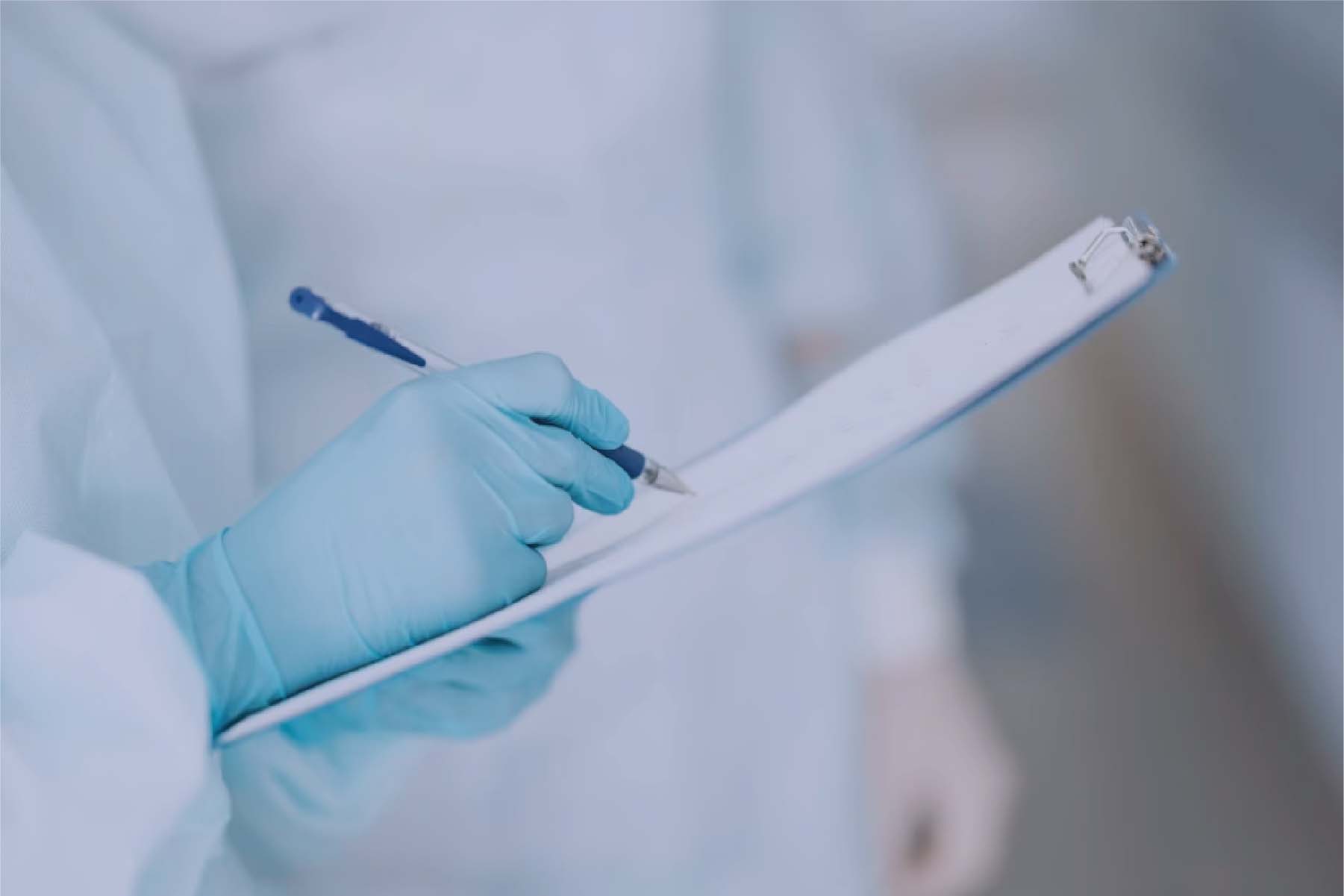
What is the accuracy of the PCT Rapid Test?
The PCT Rapid Test is highly accurate in quickly identifying elevated procalcitonin levels, aiding in the diagnosis and treatment of serious bacterial infections. Its accuracy is enhanced when used alongside other diagnostic tools, providing critical care teams with timely information to guide treatment decisions in emergency settings.
What does a PCT positive test result mean?
A positive PCT test result indicates elevated serum procalcitonin levels, suggesting a serious bacterial infection or sepsis. This result requires immediate medical attention and may lead to the initiation of appropriate antibiotic treatment to prevent the progression to severe sepsis or septic shock.
Why are Procalcitonin Blood Tests essential for public health?
Procalcitonin blood tests are essential for public health as they aid in the early diagnosis and treatment of bacterial sepsis, reducing unnecessary antibiotic use and preventing the progression to severe sepsis. They provide critical guidance in intensive care settings, improving patient outcomes and supporting the surviving sepsis campaign.
Do you offer other rapid tests for bacterial infections and a ranking of the best options available?
Yes, we do offer more rapid tests for bacterial infections:
CRP Tests
Best Product: RightSign CRP
Semi-quantitative Rapid Test Cassette
Source: Best CRP Tests
Where can I find a comprehensive comparison of the PCT Tests?
You can access a comprehensive comparison of PCT tests here. This resource offers in-depth information to guide you in selecting the most appropriate test for your specific requirements.


